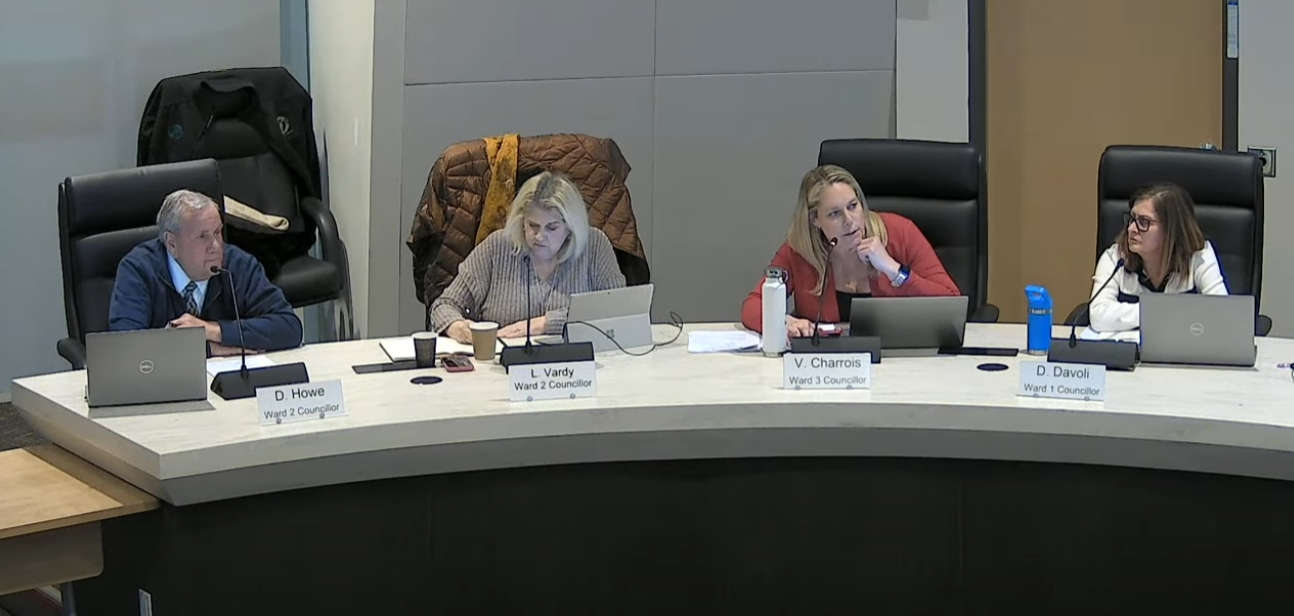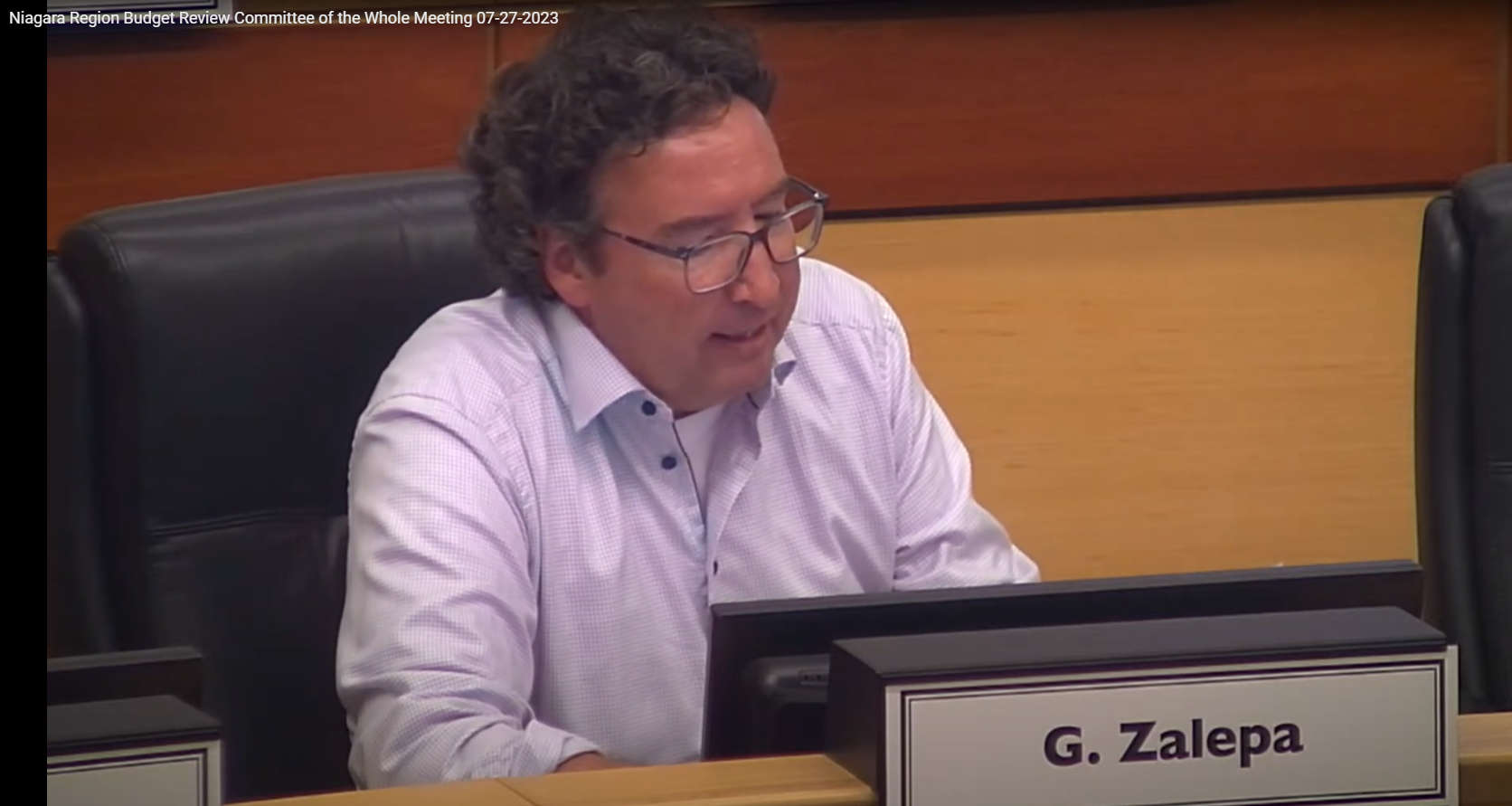
Court rules imposing consecutive periods of parole ineligibility is unconstitutional.
Canada's highest court has ruled Alexandre Bissonnette, who killed six people at a Quebec City mosque in 2017, can apply for parole after 25 years.
The Supreme Court ruled today that imposing consecutive periods of parole ineligibility in the event of multiple first-degree murders is unconstitutional.
The Court says a Criminal Code provision passed in 2011 that allowed judges to make such a move violates the Charter of Rights and Freedoms.
In 2019, Bissonnette pleaded guilty to six charges of first-degree murder in the January 2017 incident.
He was originally sentenced to life in prison without parole eligibility for 40 years.


 Speed Cameras Considered Near Schools
Speed Cameras Considered Near Schools
 Grimsby Council Pay Reviewed
Grimsby Council Pay Reviewed
 NRP Find Missing Senior
NRP Find Missing Senior
 Update: Suspect Wanted for Murder
Update: Suspect Wanted for Murder
 Val Kilmer Dead at 65
Val Kilmer Dead at 65
 'Lord Mayor' Explains his Title
'Lord Mayor' Explains his Title
 Apartment Buildings to Replace YMCA
Apartment Buildings to Replace YMCA
 Financial Boost for Royal George Rebuild
Financial Boost for Royal George Rebuild